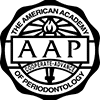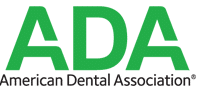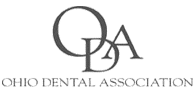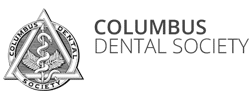Opioid abuse is currently at an epidemic proportion in the US. According to the Centers for Disease Control and Prevention (CDC), the death rate from opioid overdose has more than doubled in the US in the last 15 years. A recent study in the Journal of American Medical Association reports dentists may be prescribing an excessive amount of opioids following tooth extractions. Brian Bateman, MD and co-author stated, “This common dental procedure may represent an important area of excessive opioid prescribing in the United States. As the nation implements programs to reduce excessive prescribing of opioid medications, it will be important to include dental care in these approaches.” The study noted that this abuse can start with a prescription for a pain medication. Research shows that dentists commonly prescribe opioids following extractions, despite studies that show a combination of non-steroidal medications and acetaminophen may provide as effective relief for post-extraction pain.
According to this study, the median number of opioids prescribed to adults following extraction was 24 5-mg tablets of hydrocodone or 16 5-mg tablets of Oxycodone . The authors went on to state, “Although a limited supply of opioids may be required for some patients following tooth extraction, these data suggest that disproportionately large amounts of opioids are frequently prescribed given the expected intensity and duration of post-extraction pain, particularly as non-opioid analgesics may be more effective in this setting.”
The Centers for Disease Control and Prevention (CDC) has issued new guidelines for prescribing opioid medications for chronic pain. They include:
- Nonopioid therapy is preferred for chronic pain outside of active cancer, palliative, and end-of-life care.
- When opioids are used, the lowest possible effective dosage should be prescribed to reduce risks of opioid use disorder and overdose.
- Providers should always exercise caution when prescribing opioids and monitor all patients closely.
*JAMA March 16, 2016

 Dr. Sakamoto
Dr. Sakamoto
 Dr. Mannava
Dr. Mannava
 Our Team
Our Team
 FIRST VISIT
FIRST VISIT
 PATIENT FORMS
PATIENT FORMS
 DENTAL INSURANCE
DENTAL INSURANCE
 POST-OP INSTRUCTIONS
POST-OP INSTRUCTIONS





